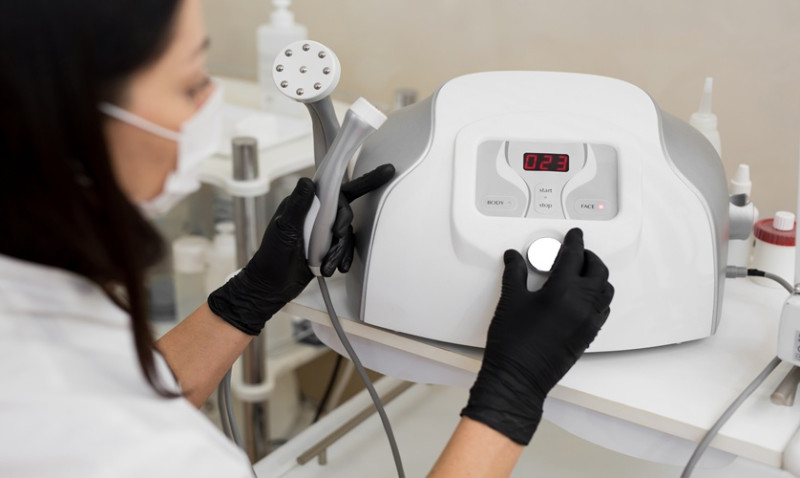
Starting a new healthcare practice is an exciting venture, but it comes with its own set of challenges. One of the most critical decisions you will make is choosing the right medical equipment suppliers. The quality of your medical equipment can significantly impact patient care, operational efficiency, and overall success. In this guide, we will explore essential tips to help you select the best suppliers for your new healthcare practice.
Understanding Your Needs
Before you start looking for suppliers, it’s crucial to understand your specific needs. This involves assessing the type of practice you are establishing and the medical equipment required.
1. Identify Your Specialty
Your medical specialty will dictate the type of equipment you need. For instance, a cardiology practice will require different tools than a dermatology clinic. Make a list of essential equipment based on your specialty.
2. Create a Budget
Establishing a budget is vital. Medical equipment can be expensive, and it’s essential to balance quality with cost. Consider both initial purchase costs and long-term maintenance expenses.
Researching Potential Suppliers
Once you have a clear understanding of your needs, it’s time to research potential suppliers. This step is crucial in ensuring you partner with reputable companies.
3. Check Supplier Credentials
Verify the credentials of potential suppliers. Look for certifications, licenses, and industry affiliations that demonstrate their credibility and commitment to quality.
4. Read Reviews and Testimonials
Online reviews and testimonials can provide valuable insights into a supplier’s reliability and customer service. Look for feedback from other healthcare practices to gauge their experiences.
5. Evaluate Product Range
Choose suppliers that offer a wide range of products. This not only gives you more options but also allows for easier future purchases as your practice grows.
Assessing Quality and Reliability
The quality of medical equipment is non-negotiable. Poor-quality equipment can lead to complications and affect patient care.
6. Request Product Samples
Whenever possible, request samples of the equipment you are considering. This allows you to assess the quality firsthand before making a purchase.
7. Inquire About Warranties and Support
Reliable suppliers should offer warranties and support for their products. Understand the terms of these warranties and the level of customer support you can expect.
Understanding Delivery and Installation
Timely delivery and proper installation are crucial for your practice’s operations. Delays can disrupt your workflow and affect patient care.
8. Discuss Delivery Timelines
Before finalizing a supplier, discuss delivery timelines. Ensure they can meet your schedule and have contingency plans for delays.
9. Installation Services
Some suppliers offer installation services, which can save you time and ensure that equipment is set up correctly. Inquire about these services and any associated costs.
Building a Relationship with Suppliers
Establishing a good relationship with your suppliers can lead to better service and support in the long run.
10. Open Communication
Maintain open lines of communication with your suppliers. This helps in addressing any issues promptly and fosters a collaborative relationship.
11. Negotiate Terms
Don’t hesitate to negotiate terms, including pricing, payment plans, and delivery schedules. A good supplier will be willing to work with you to meet your needs.
Evaluating After-Sales Support
After-sales support is a critical aspect of your relationship with suppliers. It can significantly impact your practice’s efficiency and patient care.
12. Technical Support
Ensure that your supplier offers technical support for troubleshooting and maintenance. This can save you time and prevent disruptions in your practice.
13. Training for Staff
Some suppliers provide training for your staff on how to use the equipment effectively. This can enhance safety and efficiency in your practice.
Considering Long-Term Partnerships
Choosing a supplier is not just about immediate needs; it’s also about building a long-term partnership that can grow with your practice.
14. Evaluate Supplier Stability
Research the financial stability and reputation of potential suppliers. A stable supplier is more likely to be around for the long haul, providing consistent support.
15. Look for Innovation
Choose suppliers that are committed to innovation and staying updated with the latest technology. This ensures that your practice remains competitive and offers the best care possible.
Final Thoughts
Choosing the right medical equipment suppliers is a crucial step in establishing a successful healthcare practice. By understanding your needs, researching potential suppliers, and evaluating their quality and support, you can make informed decisions that will benefit your practice and your patients.
Remember, the right supplier can be a valuable partner in your journey, helping you provide the best care possible while ensuring your practice runs smoothly. Take your time, do your research, and choose wisely.

